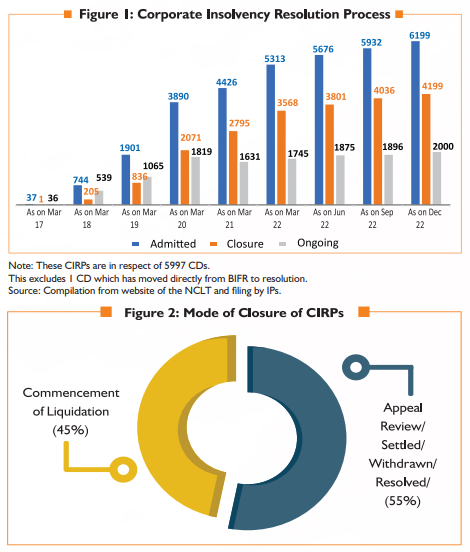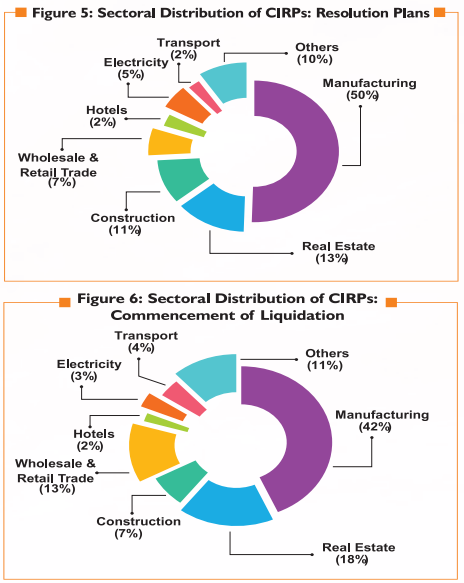
The Insolvency and Bankruptcy Code has seen numerous changes since it was introduced in 2016. A lot has been discussed about it, but a number of issues remain unsettled. To bolster the functioning of IBC, the government has come up with a number of changes. These amendments look to streamline the processes in areas that have been the sore points for stakeholders.
The changes being considered by the government include easing the procedural steps for admission of the corporate insolvency resolution process (CIRP) applications, decriminalisation of provisions to give power to the adjudicating authority to take decisions, empowering the committee of creditors in the liquidation process, and the appointment of special valuers.
READ I India cannot ignore virtual digital assets, must regulate them
IBC to offer customised solutions
Some of the most promising changes include understanding the need for providing customised solutions to the wide variety of corporate debtors like MSMEs and extending the provisions to other sectors including real estate. Taking care of the niche requirements of a sector is undoubtedly a mammoth task and efforts by the government in this direction are praiseworthy.
A constantly overburdened judiciary and a backlog of liquidation cases have plagued the legal system for years. Recognising this, the government has suggested changes in the law to create space for more than one resolution plan for the same corporate debtor since it is difficult to find one applicant willing to take over the corporate debtor.


With all these appreciable efforts, there seems something is missing. Let us take an example of an investor looking to invest in a company that manufactures active pharmaceutical ingredients. The investor has the resources to help the distressed company. Where can he go to find such a company? Is there a platform or an intermediary that can help investors with the database? There is none.
The company undergoing the CIRP that is in dire need of investment cannot reach out to the investor because there is no platform to connect the investor and the debtor firm. The company will be liquidated despite the fact that there is an investor ready to pump in funds.
No marketplace for potential investors
India offers a potential market for many buyers including foreign investors. But there is no marketplace or an e-platform available to the foreign investors to reach out to the distressed industries? E-commerce is based on a marketplace model and bridging the gap between the buyer and seller is an age-old concept.
To ensure a quicker admission process of cases and to save judicial time, the government is proposing changes in the role of information utilities. In the future, the adjudicating authority can rely on the sanctity of the default information available with the information utilities to accept an application for CIRP. But the question here is that does that really help solve the time taken for admission of a CIRP or will it instead lead to a flood of applications and admissions under the CIRP? Do the information utilities possess the knowledge to decide a default, and will it ease the process, or will it only increase the burden instead of reducing it?
Without the right ecosystem in place to support the intent, it will only result in opening the floodgates. It is a given fact that large cases have hundreds of interim applications pending. Unless there is a functioning machinery for the implementation of the legal provisions already existing under IBC is available, addition and creation of rules within rules and complex layers of legal provisions will only increase litigation avenues than resolving the any of the existing issues.
Information asymmetry in this sector is not beneficial. It is creating an imbalance of power, leading to inefficiency. The spirit and intent behind the concept of the insolvency law has been to provide resolution to companies and to work towards economic value maximisation. The need for this law arose to preserve companies and not close them down. Will the new amendments become just an eyewash, only time can tell. There is a certain and dire need to bridge the information gap that continues to persist between the parties.
(Anubha Agarwal is a Delhi-based lawyer with over 15 years of experience as a legal professional.)

